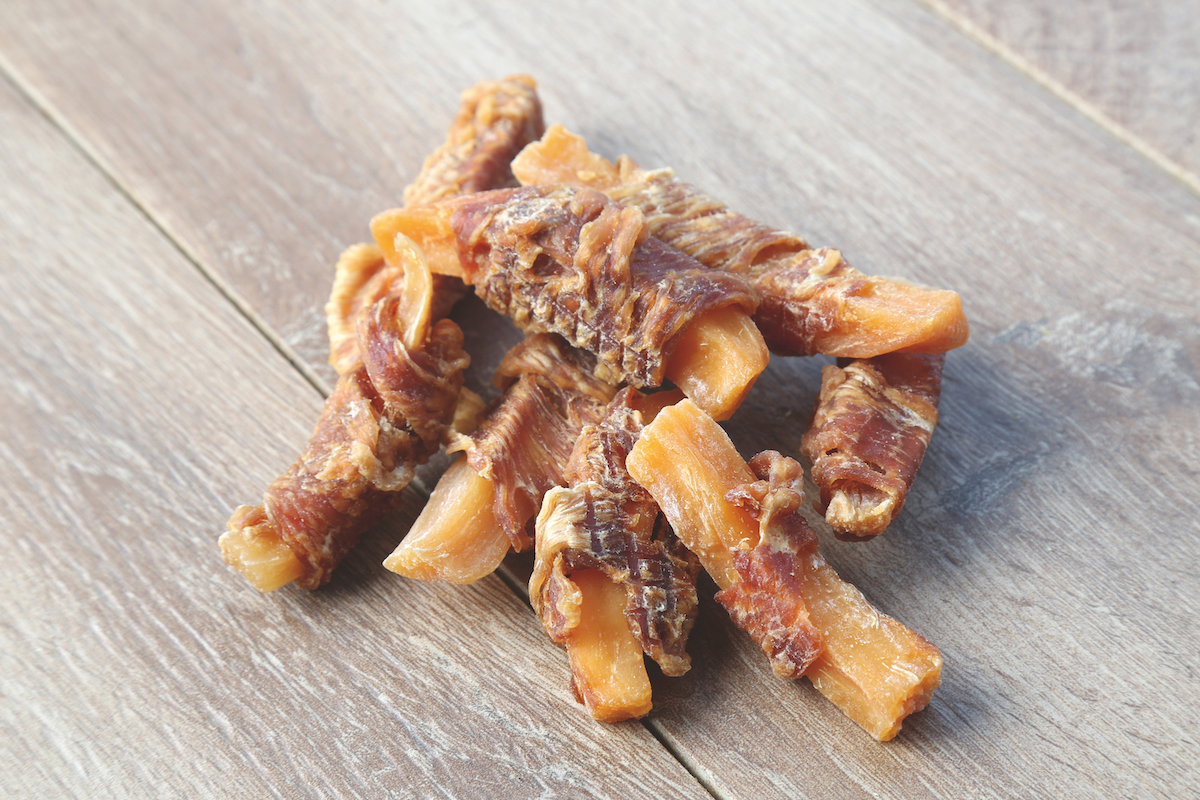Seasonal Canine Illness – what you need to look out for
Tony Buckwell advises a concerned reader on an illness that appears to strike in autumn

Q: As far as my two dogs are concerned, are there any particular autumn health risks to dogs? I recall hearing of some seasonal gut upset a few years ago called Seasonal Canine Illness. What advice could you give to help keep them safe?
A: We do indeed now recognise Seasonal Canine Illness (SCI) as a condition causing acute vomiting in dogs, often accompanied by diarrhoea and lethargy, within 72 hours of them having roamed in woodland, especially in the autumn. (Read more on diarrhoea in dogs.)
As far as I am aware, the advice concerning Seasonal Canine Illness remains:
- Monitor your dog’s health in the hours and days after a woodland walk.
- Keep an eye on your dog at all times when in woodland at this time of year.
- Offer your dog water before you set off on a walk, especially if you have travelled a long way in the car. (Read why you shouldn’t let your dog drink from puddles.)
- Spray dogs against harvest mites before such a walk; use a spray rather than a ‘spot-on’ product.
- Spray the more exposed areas of the feet, legs, chest and belly.
- Contact your vet immediately if you think your dog could have Seasonal Canine Illness.

Acorns can cause liver and kidney damage in dogs
Alabama rot
As autumn ends and winter begins, another condition that seems to become more common is Alabama rot, also known as CRGV (cutaneous and renal glomerular vasculopathy). This potentially life-threatening disease in dogs causes damage to the blood vessels in the skin and sometimes the kidneys. While some dogs develop skin sores only, others develop skin sores and kidney failure. Recovery is expected in the former group; sadly, however, many dogs that develop kidney failure do not survive. Over 91% of cases reported in the UK have occurred between November and May. The cause remains unknown, although it is possible that there is an environmental trigger for this disease.
Remember, conkers and acorns can both be a problem to dogs. While serious cases of poisoning are rare, ingestion can cause the dog to drool, retch and vomit before going on to show diarrhoea and abdominal pain. The toxic ingredient in acorns, thought to be tannic acid, causes liver and kidney damage. Both acorns and conkers (and their cases) can also cause intestinal blockages. Finally, some mushrooms are highly toxic to dogs and as the identification of those that are most poisonous isn’t always easy, it is best to ensure that your dog keeps well away.








